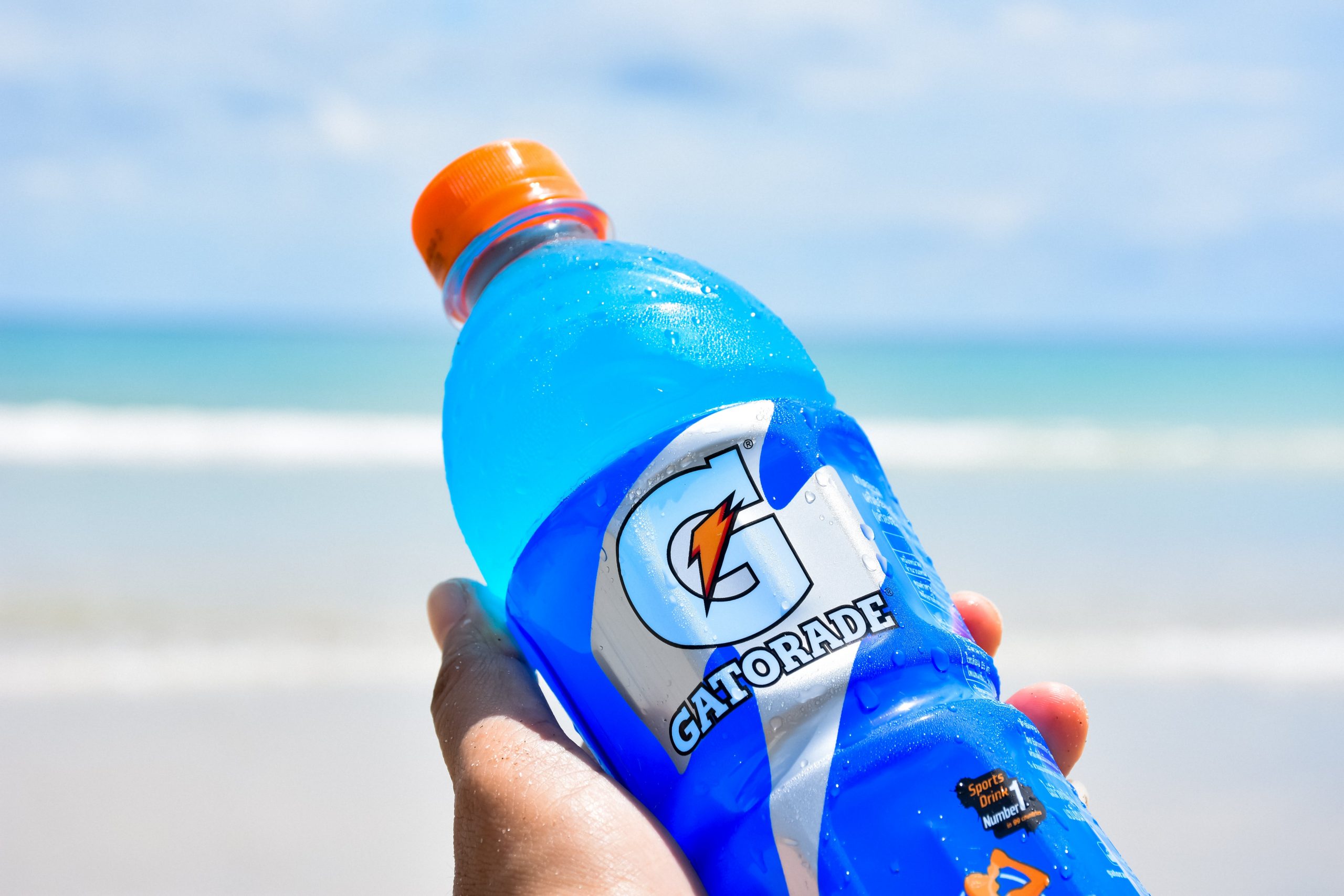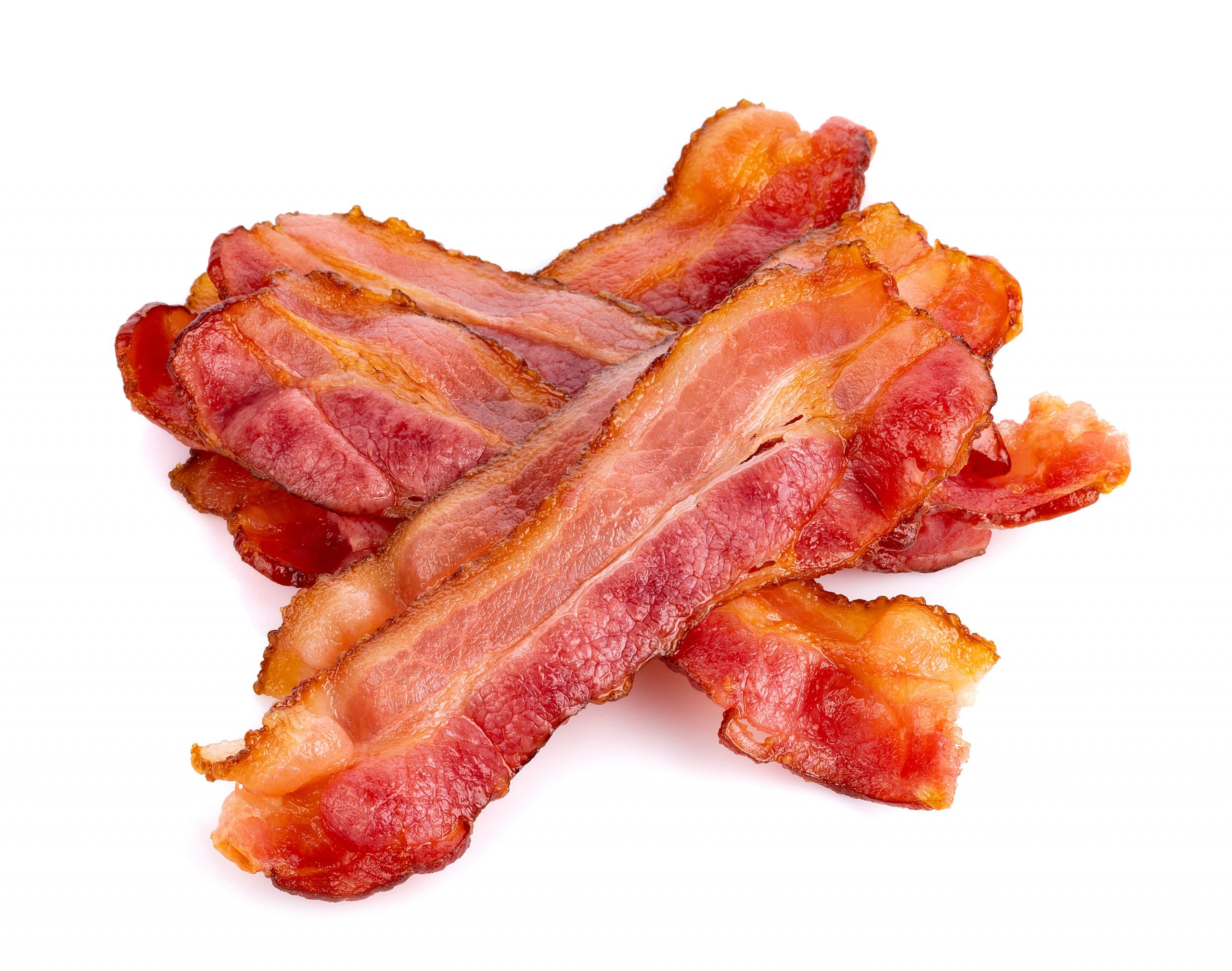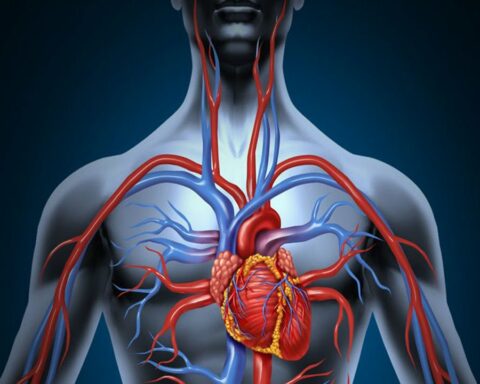Gatorade is a sport drink that can improve athletic performance and endurance. It provides carbohydrate for energy and electrolyte for rehydration when exercising under intense heat.
Gatorade drink is categorized as a sports drink, invented by scientists in a lab at the University of Florida in 1965 to enhance their football team’s performance. These scientists wanted to know what could prevent athletes from falling sick after undergoing strenuous exercise in the heat. They discovered that these athletes were losing lots of fluids and electrolytes as they trained without replacing them. This challenge led to the invention of Gatorade to help in providing the needed sugars and electrolytes while still providing hydration. Today, Gatorade is sold as a sports drink intended to enhance exercise.
Nevertheless, athletes drink Gatorade, but children also take it after soccer practice or during lunch. It has developed a reputation of hangover cure among alcoholics. Though it has less sugar than soda and could be used for rehydration, its high sugar content could pose a health risk to regular users.
Research done by Healthy Eating in 2012 showed that there had been a steady increase in individuals indulging in sugary drinks in the last three decades. Sugary sports drinks like Gatorade can result in weight gain, increased risk of diabetes, and adoption of a poor diet. However, this is not to say that consumption of any sports drink like Gatorade is damaging your health. One can still take these drinks in moderation with no adverse effects. People involved in heavy exercise have even seen significant benefits of Gatorade.
The benefits of Gatorade
Whenever you are exercising, you must hydrate your body. Often people take water for hydration purposes; however, taking sports drinks, such as Gatorade, can also provide hydration and electrolytes and electrolytes like potassium and sodium. Athletes often lose these electrolytes through sweat, and Gatorade can help replace them in the body, especially in the heat. Consuming Gatorade will provide ionic balance to the body, which is needed for muscle, nerve, and brain functioning. Failing to replace these electrolytes can create an electrolyte disorder.
Athletes use carbohydrates and electrolytes to rehydrate and refuel for continued endurance, making sports drinks popular. Carbs provide the needed energy while electrolytes regulate fluid balance. Promoters of Gatorade claim that these additional ingredients provide better hydration than water. A study from the University of California suggested that sports drinks might have more benefits than water for sportspersons and children, engaging in long, vigorous physical activities, especially in the heat. Nevertheless, individuals in an exercise routine or vigorous physical activity that does not exceed sixty minutes might not need Gatorade to enhance performance.
The Challenge of Gatorade
Originally produced to help rehydrate and energize athletes, Gatorade is today being used extensively by non-athletes. The Berkeley study showed that the majority of people taking sports drinks are not physically active as required. One 20-ounce of Gatorade Quencher has 36 grams of sugar, which is less than soda. However, studies show that sugars found in sports drinks can result in child obesity as these kids increase calories that are not burnt.
A regular intake of Gatorade may lead to tooth decay in children due to the sugar content in this drink. Nutritionists do not recommend an extra intake of sodium and sugars among people who are not very active as the extra calories from these drinks may result in weight gain. Additionally, an increase in sodium in the body is necessary to fuel the risk of high blood pressure over some period.
Gatorade also has food dyes derived from petroleum that could exacerbate children’s hyperactivity and cancer risk. However, the new version of Gatorade called G2 has less than half the calories found in the original Gatorade. The new version substitutes sucralose and acesulfame for sugar, providing 40 calories in every 16-ounce worth of juice.
Gatorade or Water after Sports?
Water and Gatorade can help the body replenish fluids lost during physical activity or exercise. Gatorade has the advantage of additional minerals, such as sodium and potassium, to improve a person’s nerves, muscles, and brain. Valuable electrolytes are often lost during intensive exercise through sweat or during illness, and using Gatorade can prove helpful in regaining these lost electrolytes.
Several kinds of research funded by sports drinks indicate that Gatorade can improve athletes’ performance. Since sport drink companies heavily fund most research, there could be a conflict of interest, skewing the result to support the claims. The Berkley Review study highlighted that most of these researches were conducted on serious athletes taking over 60 minutes exercising. The researchers noted that these athletes might find Gatorade more beneficial than water; however, for an average person who does not engage in rigorous exercise, taking Gatorade is not recommended.
Make Good Decision for Your Children
Research shows that Gatorade should be consumed when needed. Individuals are not exercising for more than an hour, five days every week; drinking water is the recommended way to stay dehydrated. You can also choose to add electrolytes gotten naturally with no added sugars or dyes.
As a parent, you do well to limit your child’s intake of sports drinks because most contain cancer-causing artificial coloring and high sugar content that could contribute to diabetes. It is a parent’s responsibility to reevaluate their children’s sugar consumption, ensuring healthy decisions. Most children should continue to use water as a source for hydration while taking vegetables and fresh fruits as a source of electrolytes and carbohydrates.
Conclusion
Gatorade is an excellent complement to water intake for sports persons engaging in intense activity or exercise. Its mineral content helps the athletes to replenish the lost electrolyte through sweat and can also help replace electrolytes lost during diarrhea or vomiting when one is sick. However, Gatorade has a high sugar content that could lead to the risk of diabetes and weight gain among less active people. The artificial coloring in the drink can cause health hazards like cancer to regular consumers. Regular consumption of Gatorade can increase sodium and other minerals in the body, thus causing electrolyte imbalance and disorder.
- Products That Assist with Stress Relief - September 21, 2023
- TRÈFLE – THE ROAD TO THE 15TH - July 29, 2023
- Lovingly thought out educational toys - July 5, 2023








